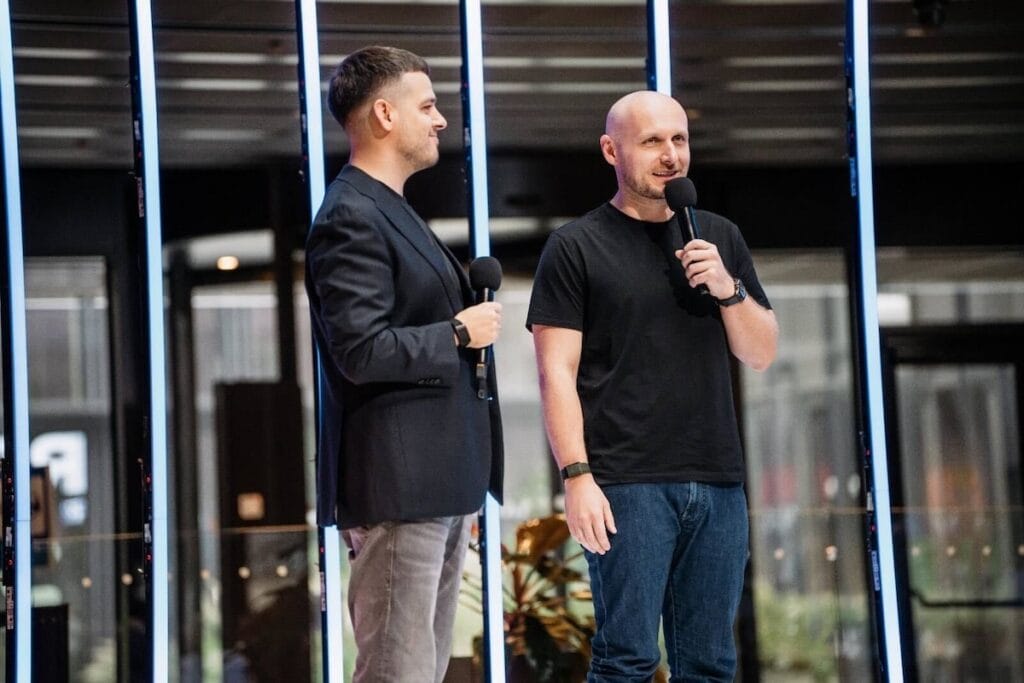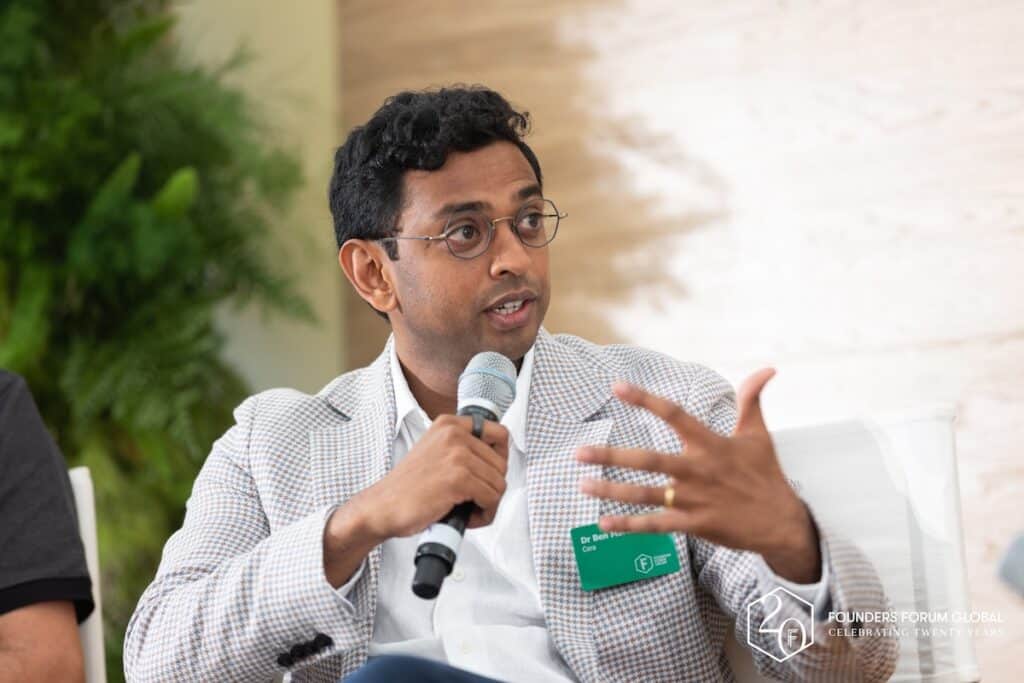Last updated on May 12, 2025
The fourth annual edition of Founders Forum Asia brought together 250+ leading innovators in Asia tech. Discover the most compelling startup stories from across the region’s thriving tech ecosystem.
In our Founders Forum Group Destination Southeast Asia Report, we highlighted the incredible opportunities for global tech founders across fintech, AI, climate tech, and more, in a region with a booming tech sector worth more than $450b.
At our fourth annual edition of Founders Forum Asia in 2025, we witnessed that same Asia tech sector in action, with inspirational founders, investors, and government and corporate leaders sharing their insider insights on building resilient, impactful businesses in the region.
Opening the day’s events, Png Cheong Boon (Singapore Economic Development Board) highlighted Singapore’s strategic position as a launch pad for global ventures, before Aaron Tan (Carro), Eddy Chan (Intudo Ventures), and Jessica Huang Pouleur (Openspace) delivered candid assessments of Asia’s venture ecosystem with Tom Jokelson (A&O Shearman).
We dove deep into Asia’s AI frontier with insights from Joan Ong (Supermom) and Hovhannes Avoyan (Picsart), explored consumption trends with Marcus Tan (Carousell), Joel Leong (ShopBack), and Dione Song (Love, Bonito), and reflected on building legacy through entrepreneurship with Pravin Jadhav (Raise Financial Services).
We heard emerging innovators pitch their world-changing business ideas in our Rising Stars segment. We witnessed established founders, including Chatri Sityodtong (ONE Championship) and Yasukane Matsumoto (Josys), share their stories of scaling businesses across international markets. Plus, Dan Pomerantz (ExpressVPN), Mohan Lakhamraju (Great Learning), Jefferson Chen (Advanced Intelligence Group), and Kevin Aluwi (Go-Jek) offered their perspectives on culture-driven scaling and how to stay true to founding purpose.
Read on for some of the most inspirational startup stories from Founders Forum Asia 2025 – each representing a unique vision for transforming industries and creating lasting impact across Asia and beyond.
1. Arkadiah: Transforming Degraded Land with Digital Twins
After seven years building a fintech focused on financial inclusion, Reuben Lai realised the urgent need to address the climate crisis. Arkadiah uses LIDAR technology to create digital twins of landscapes, accurately measuring ecological characteristics to accelerate the transformation of degraded land.
Unlike traditional developers who use tape measures and check progress every five years, Arkadiah offers quarterly visibility through digitisation, bringing unprecedented accuracy, speed, and transparency to carbon projects. By merging agriculture with sustainability, they’re creating financially viable projects – even selling coffee beans from their estates in Singapore and the Philippines.

2. Supermom: Building AI Companion Agents for Families
In a region with thousands of languages and cultural nuances, Joan Ong recognised the power of hyper-localised AI built on authentic community data. Supermom has cultivated hundreds of thousands of trusted parent communities across Southeast Asia – from Facebook groups to WhatsApp and Telegram – where millions of parents engage in daily conversations.
This treasure trove of real-life data powers the world’s first AI companion chatbot trained on real parents’ conversations. Joan’s vision extends beyond chatbots to developing AI agents that handle everyday family tasks, from grocery shopping to managing children’s schedules and even relationships with partners. Her ambitious goal? Reduce the divorce rate across the world and raise happier, healthier children.
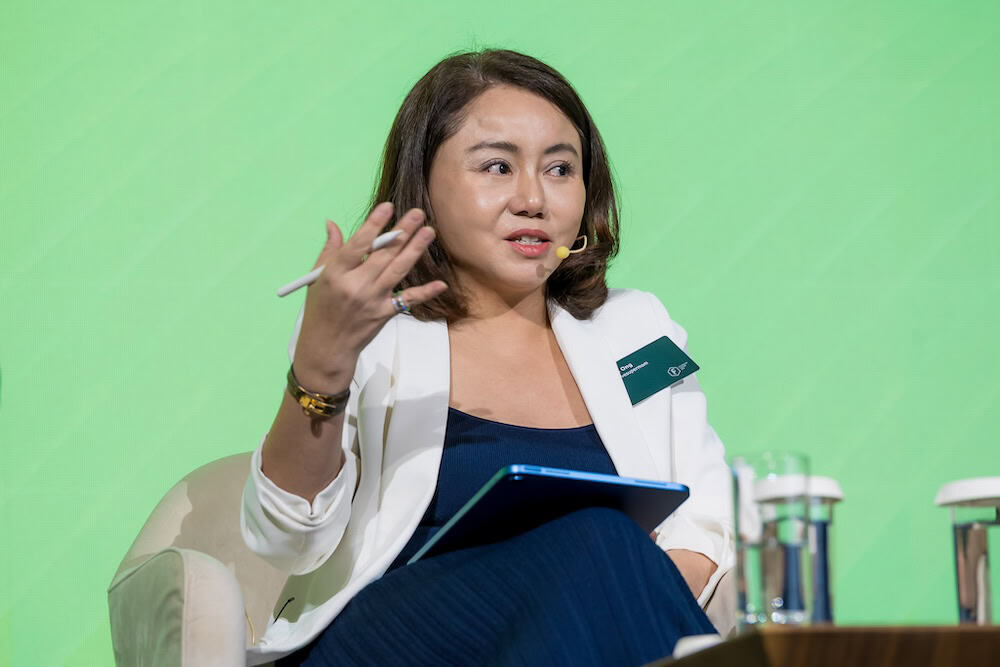
3. GoZayaan’s Hometown: Empowering Singapore’s Invisible Workforce
Behind Singapore’s impressive skyline are 130,000 Bangladeshi construction workers earning just $17 per day – the city’s lowest-paid yet most frequently scammed residents. Ridwan Hafiz’s GoZayaan created Hometown, a native-language app designed specifically for this community.
Launched in January 2023, it achieved 100% market penetration within seven months purely through word-of-mouth. Initially offering flight bookings, they expanded to remittance services. Now profitable and growing 50% month-on-month, they’ve expanded to Malaysia with plans for the UAE, Saudi Arabia, and the UK – transforming from an app into a movement for migrant workers worldwide.
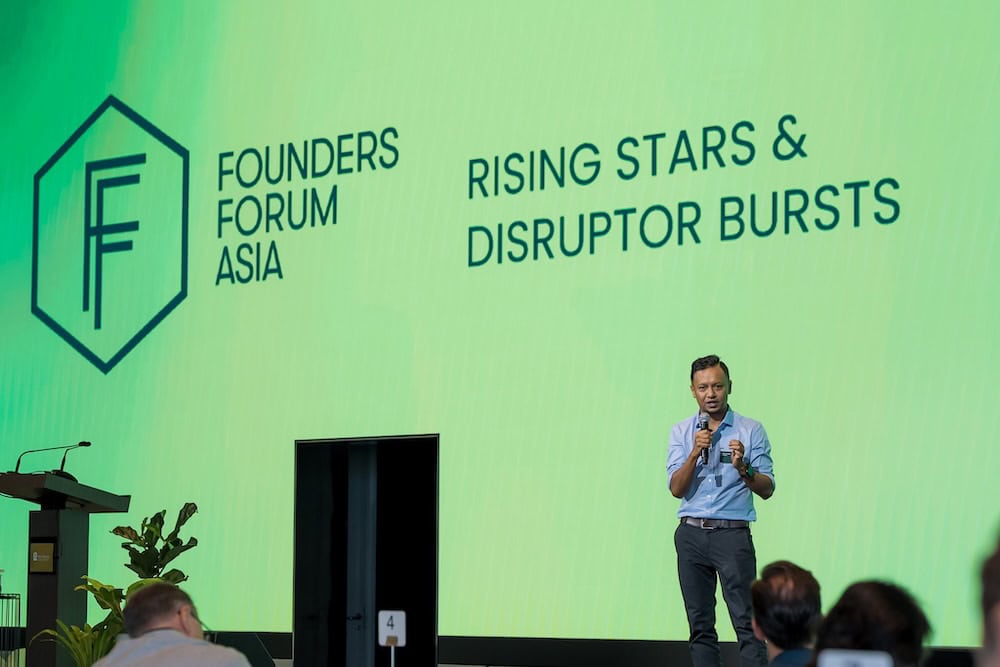
4. ONE Championship: Building Asia’s First Global Sports Giant
When Chatri Sityodtong founded ONE Championship, he faced a seemingly impossible challenge – creating Asia’s first truly global sports property. When he started out, he faced rejection from investors, sponsors, and even athletes. Persevering through empty stadiums and financial struggles, he built a martial arts organisation now broadcasting globally with 173 million social media followers.
The key breakthrough came from focusing simultaneously on local relevance and global appeal – creating world championship belts that bring national pride equivalent to Olympic gold medals. By dominating mobile devices with viral content, ONE has since expanded into streaming partnerships and mobile gaming.
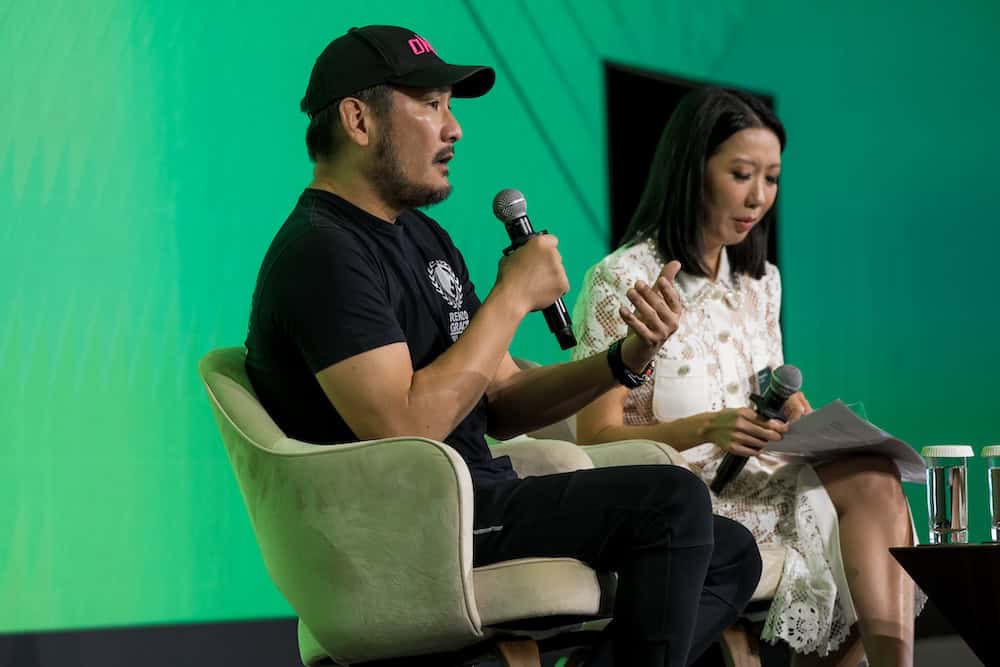
5. Great Learning: Education Without Compromise
Believing that educational outcomes would be compromised if pitted against financial goals, Mohan Lakhamraju bootstrapped Great Learning rather than raising venture capital with its attached time pressure. This commitment to quality over hypergrowth paid off – students’ learning satisfaction became their most celebrated metric, not fundraising milestones or valuations.
Mohan’s transparent business model cultivated extraordinary trust within the organisation. Monthly town halls where he shared everything – good news, bad news, failures, and successes – created a culture of ownership that attracted talent even as competitors offered higher salaries. By 2021, Great Learning had scaled to 2,000 employees before being acquired.
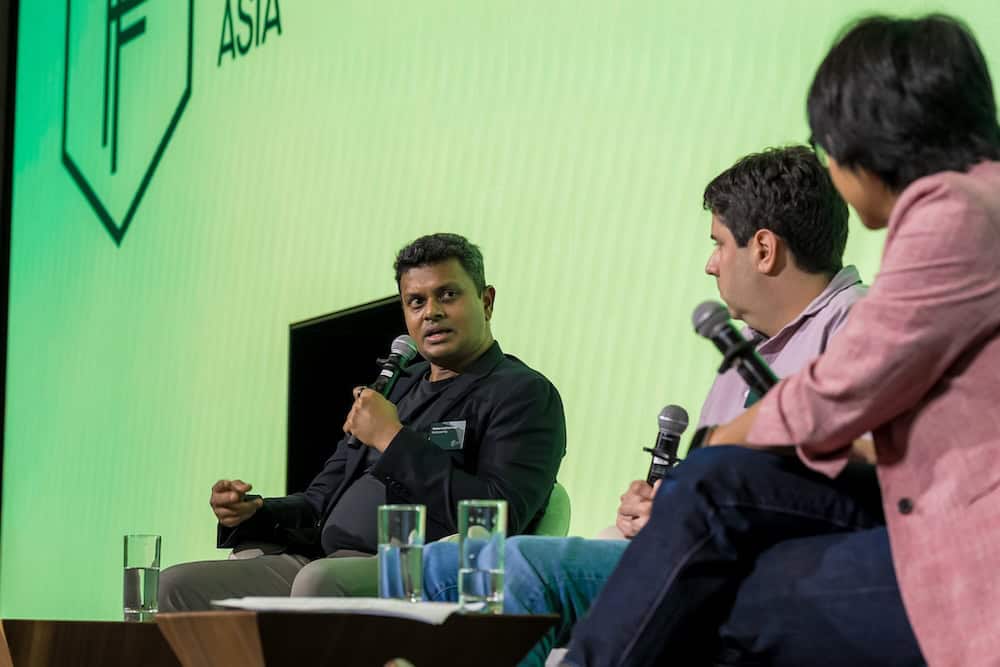
6. Raise Financial Services: Building a Business, Not a Startup
After 20 years in the Indian startup ecosystem and two previous ventures, Pravin Jadhav built Raise with a contrarian principle at its core – they are deliberately a business, not a startup. Raise’s investing and trading platform, Dhan, reached $100m in revenue in three years and maintains 50%+ profit margins, all with just one institutional funding round.
While competitors burned capital on customer acquisition, Raise preserved resources and embraced regulations rather than avoiding them. Despite entering as a late competitor in India’s crowded trading landscape, their laser-focused targeting of professional traders allowed Dhan to capture significant market share. Pravin’s philosophy mirrors successful traders’ wisdom – staying in the game long-term increases your probability of success.

7. Gojek: Building Beyond Regional Boundaries
When Kevin Aluwi co-founded Gojek, skeptics claimed Indonesia couldn’t produce homegrown tech companies. He proved them wrong, building a super-app that has transformed transportation and services across Southeast Asia. After expanding to Singapore, Kevin made a counterintuitive choice, seeking engineering and data science talent rather than just a larger market.
With EDB support through grants and payroll assistance, Gojek built a strong technical foundation that became the backbone of its regional expansion. The company then made extensive use of data science to optimise driver allocation, pricing, and service offerings, bringing sophisticated machine learning to solve everyday problems. In 2021, Gojek merged with e-commerce giant Tokopedia to form GoTo Group, creating one of Southeast Asia’s largest technology companies.

8. Josys: Taming the SaaS Wilderness with AI
Yasukane Matsumoto built Josys to address the growing chaos of enterprise SaaS management. Their AI-powered platform tackles financial, governance, and security risks across organisational software ecosystems. Despite launching during challenging market conditions, Josys has raised more than $200m across three funding rounds.
With a distributed team structure spanning India, Silicon Valley, Japan, Singapore, and Australia, Josys maintains 80% consistent playbooks across markets while allowing 20% localisation. As they expand throughout Southeast Asia, they’re using AI to optimise their engineering team while increasing productivity tenfold.
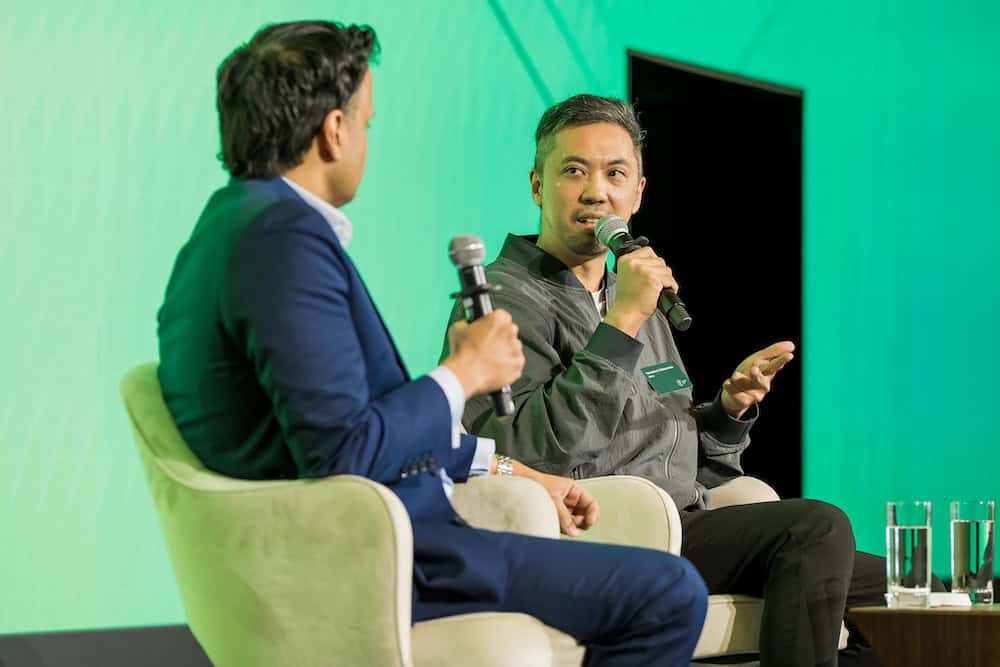
9. HiCura Medical: AI-Guided Precision for Spinal Procedures
After experiencing multiple painful needle punctures during an epidural, Cailin Ng founded HiCura Medical to solve a widespread problem – the first-attempt success rate for spinal procedures is only 50% globally. HiCura developed an AI-guided ultrasound system that acts like GPS for doctors navigating spinal procedures, increasing first-needle success rates to 92% and doubling accuracy for challenging patients from 40% to 80%.
Their software-based solution is compatible with hospitals’ existing ultrasound machines, making implementation seamless. Already deployed across Singapore’s hospitals and expanding throughout Europe and Southeast Asia, HiCura is putting smarter care in the hands of clinicians worldwide.
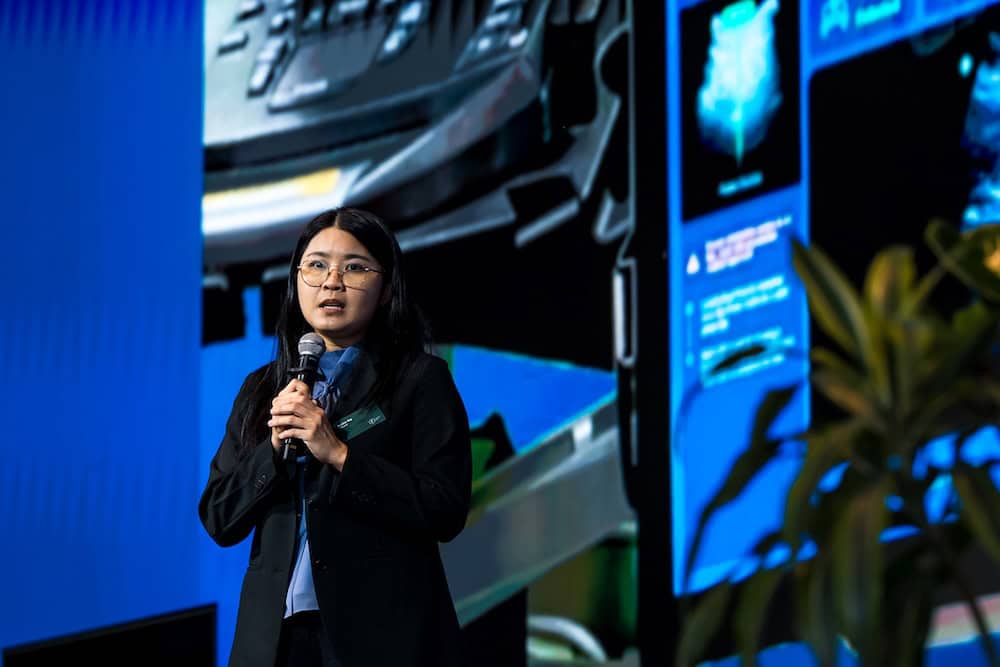
10. Carousell: Navigating the Second-Hand Economy
As inflation drives consumers to seek value, Marcus Tan‘s Carousell has become Southeast Asia’s go-to platform for second-hand goods. Yet Marcus faced a strategic challenge when ultra-cheap new products from Chinese ecommerce platforms threatened the low-end market. Rather than competing on rock-bottom prices, he pivoted Carousell toward higher-value categories – luxury goods, electronics, autos, and collectibles – where economics make more sense and supply quality remains strong.
Expanding regionally also taught Carousell valuable cultural lessons, including Malaysia’s preference for Muslim fashion and Hong Kong’s seasonal winter clothing needs, demonstrating how local nuances impact even seemingly universal marketplace models.

Considering expanding your business in Southeast Asia? Download our Destination Southeast Asia Report for a comprehensive overview of the SEA market and insider insights from the founders who’ve done it.
 All Posts
All Posts

